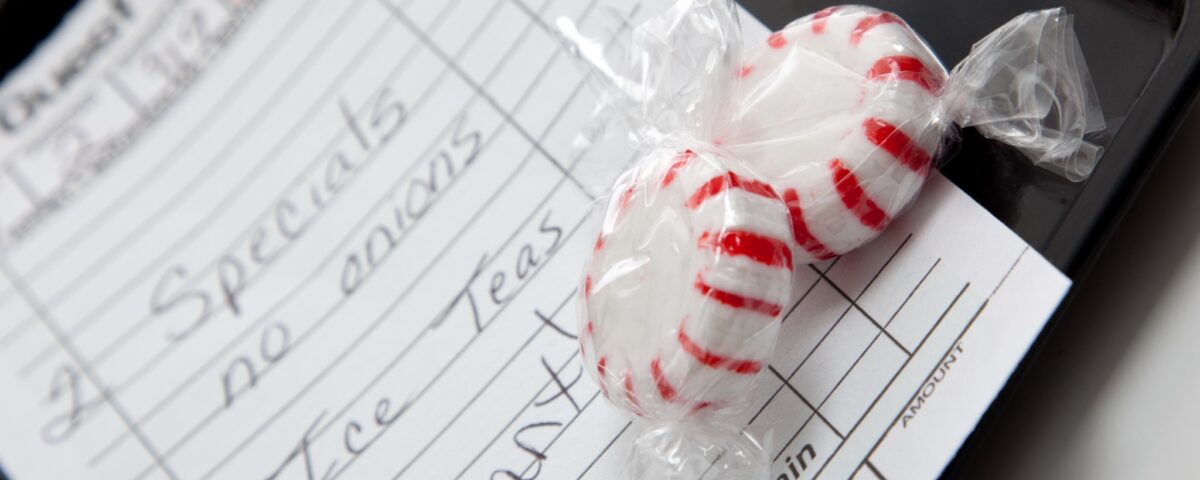The Downside of Jobs Growth
October 15, 2015
Weekly Roundup: From Lost Jobs to Fewer Tips
October 17, 2015Tipping might soon become a dinosaur.
The big announcement came from Danny Meyer’s Union Square Hospitality Group (USHG). At their 13 full service eating establishments, tips will be prohibited. The check won’t even have an optional service added line. What you pay for the meal plus the tax is it.
Tips were not always okay. As the practice spread after the Civil War some people were horrified. Believing tips created a servant master relationship, one opponent said it represented what “one American is willing to pay to induce another American to acknowledge inferiority.”
Now though tips are a social norm that reward good service?
Not necessarily.
One study indicates people pay an average of just 1.5 percent more when they believe the wait staff did an unusually good job. Instead, one Cornell scholar concluded that we increase a gratuity when our server creates a personal connection by touching a shoulder, including a piece of candy with the check or squats to talk with us. Attractive blond women also get higher gratuities.
Where are we going? To some tips insight.
Tips, Income and the Check
Waiters say they like tips. At top NY restaurants, servers could earn more than $100,000 annually while the average is $40,000. On the other hand, salaried at $35,000, the sous chefs and others in the kitchen receive much less. Meyer says he would like to make his pay scale more equitable.
You can see below that the $15 minimum wage for fast food workers further complicates NYC’s restaurant pay scales.

So yes, the decision to erase tips creates a host of issues. From the wait staff’s perspective, there is income to preserve. Being underpaid for long hours is the kitchen’s staff’s gripe. And we have not even mentioned the extra revenue that has to come from somewhere to pay for all of this. That takes us to prices that will rise by as much as 39 percent–not very palatable.
Recognizing the complexities, USHG says their high end restaurant at MOMA, The Modern, will introduce the change. Helping them to identify glitches, the “trial” will spread to the entire chain by the end of 2016. At Gramercy Tavern, Union Square Cafe, Blue Smoke, USHG’s other venues and the restaurants that copy them, we could have the start of a new social norm.
Our Bottom Line: Thinking Economically
Tips touch so many economic ideas. They involve marginal analysis because they relate to the cost and benefit of something extra. In addition, changing wages and prices takes Danny Meyer to his margins. Behavioral economics enters the picture because tipping is a social norm. And of course, we also have the issue of elasticity that tells us the impact of a higher price on the quantity diners are willing and able to demand.
![econlifelogotrademarkedwebsitelogo[1]](/wp-content/uploads/2024/05/econlifelogotrademarkedwebsitelogo1.png#100878)



